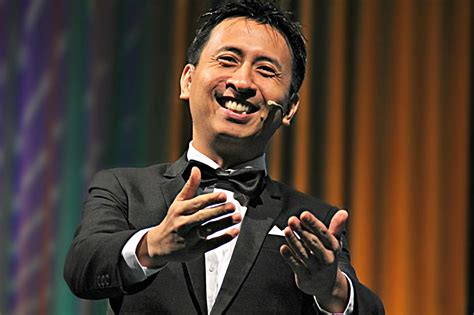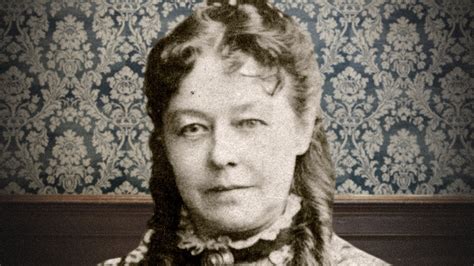A Quote by Friedrich Nietzsche
Whoever turns away from us might not offend us in doing so perhaps, but he certainly offends our followers.
Related Quotes
When we believe or say we have been offended, we usually mean we feel insulted, mistreated, snubbed, or disrespected. And certainly clumsy, embarrassing, unprincipled, and mean-spirited things do occur in our interactions with other people that would allow us to take offense. However, it ultimately is impossible for another person to offend you or to offend me. Indeed, believing that another person offended us is fundamentally false. To be offended is a choice we make; it is not a condition inflicted or imposed upon us by someone or something else.
Perhaps all our loves are merely hints and symbols; vagabond-language scrawled on gate-posts and paving-stones along the weary road that others have tramped before us; perhaps you and I are types and this sadness which sometimes falls between us springs from disappointment in our search, each straining through and beyond the other, snatching a glimpse now and then of the shadow which turns the corner always a pace or two ahead of us.
Our bodies need regular washing because we get dirty everyday. But so do our hearts! Because each day, people hurt us, offend us, forget us, snub us, step on us, reject us. But if we choose to forgive everyone everyday, we cleanse our hearts! We wake up the next morning refreshed and pure and lovely!
Our sense of identity is in large measure conferred on us by others in the ways they treat or mistreat us, recognize or ignore us, praise us or punish us. Some people make us timid and shy; others elicit our sex appeal and dominance. In some groups we are made leaders, while in others we are reduced to being followers. We come to live up to or down to the expectations others have of us.
We have no reason to mistrust our world, for it is not against us. Has it terrors, they are our terrors; has it abysses, those abysses belong to us; are dangers at hand, we must try to love them.... Perhaps all the dragons of our lives are princesses who are only waiting to see us once beautiful and brave. Perhaps everything terrible is in its deepest being something helpless that wants help from us.
What causes [fragmentation] if not a need to act that specializes us and limits us to the horizon of a particular activity? Even if it turns out to be for the general interest (which generally isn't true), the activity that subordinates each of our aspects to a specific result suppresses our being as an entirety. Whoever acts substitutes a particular end for what he or she is, as a total being.
Internet has contributed to certainly a new kind of communication among us - not all of it good; a lot of it, dangerous. When we talk about human community, we certainly now have a tool in our hands that enables us to reach out as we never have before. It broadens our sense certainly of what community is and even of our own place in it.









































